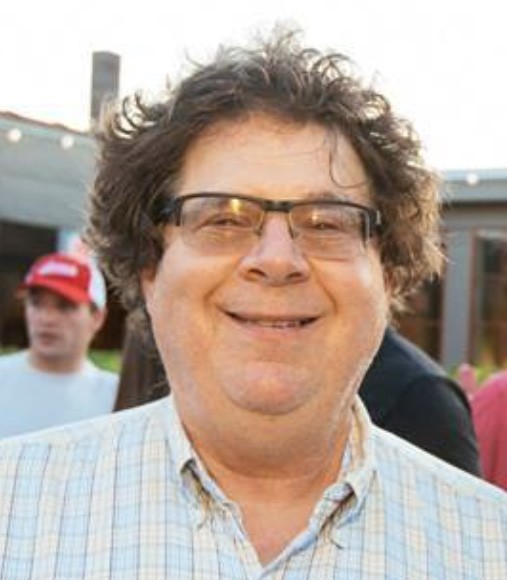There are various ways of dividing the efforts of humankind into separate but oddly complementary spheres: sacred vs. profane is one way, ad hoc vs. eternal is another. And who is to say that one sphere exceeds the other in importance?
Maybe not the Shelby County Commission, whose current Democratic-dominated version seems bent on taking direct action wherever it can.
On Wednesday, the Commission spent roughly the same amount of time and energy on two radically differing pending matters — one being how next to try to get the office of the Shelby County Clerk up to snuff (in this case via a “special adviser”), the other being how best to remedy centuries of racial injustice through a system of reparations for the African-American component of local society.
Left pending until the Commission’s next meeting were a series of proposed correctives aimed at preventing another Tyre Nichols situation.
The matter of County Clerk Wanda Halbert came first on the agenda. Various commissioners made it plain they were fed up with Halbert’s inabilities to deal expeditiously with the duties of her office, which include the processing of auto license tag applications and the distribution of them. Through much of the past year, during which Halbert twice closed her office so as to do catch-up, long lines of frustrated Shelby Countians turned up daily at the various clerk’s offices in a vain effort to get their plates.
During one of those shut-downs, Halbert conspicuously took time off in Jamaica. She periodically has described herself as a “whistle-blower” and has blamed her office imbroglios on vague insinuations of conspiratorial action on the Commission’s part or on that of County Mayor Lee Harris.
The Commission has tried numerous incentives to help the clerk out, but, as commissioners noted on Wednesday, none of these bore much fruit. Simultaneously, state Representative Mark White has introduced a bill in the General Assembly in Nashville that would facilitate local efforts to recall the clerk.
On Wednesday, Halbert, along with aides, was present in the Commission chamber, behaving more or less meekly as the Commission tossed around a proposal to appropriate $150,000 to hire a special adviser to her. The clerk welcomed the initiative, claiming she had wanted something like that all along.
Much of a lengthy debate on what was clearly being put forth as a “last chance” solution concerned the issue of where the money to hire the adviser should come from. Various commissioners objected to the proposal’s original formulation that the $150,000 should come from the Commission’s own contingency fund, and it was ultimately decided that the clerk herself possessed enough uncommitted funds to foot the bill for the adviser.
In the end, that’s how things were decided. Halbert’s helper, who will be hired by the Commission, will be paid by available funds from the clerk’s office but will answer to the Commission, not to her. The vote was 12 to 1, with Republican Commissioner Brandon Morrison expressing disapproval of the need to spend more taxpayer money to accomplish duties that are part of the express charge of the elected clerk’s office.
Later in Wednesday’s public meeting, which was specially called by chairman Mickell Lowery, the Commission took up the momentous matter of a proposed $5 million outlay to fund a feasibility study on reparations for the African-American population. The “reparations” were not necessarily financial, although at least one successful amendment to the resolution proposed by Commissioner Henri Brooks seemed to call for make-up pay differentials for African-Americans.
Most of several amendments by Brooks addressed directly, as did the resolution itself, the undeniable fact of overall racial disparities in accessing of advantages of American citizenship.
Sponsoring the reparations measure were eight of the Commission’s Democrats, including all of the body’s Black members, most of whom spoke for the measure with various degrees of passionate intensity.
Reservations were heard from the body’s four Republicans, who tended to see the resolution as “divisive” or in conflict somehow with the American system of equality. Aligning with them in harboring doubts about the reparations issue was Democrat Michael Whaley, whose mother is Asian-born and who self-identified Wednesday as a “person of col0r.”
Voting for the resolution were chairman Lowery and fellow Commissioners Shante Avant, Brooks, Charlie Caswell, Miska Clay-Bibbs, Ed Ford, Erika Sugarmon, and Britney Thornton, all Democrats.
“No” votes came from Republicans Amber Mills, Brandon Morrison, and Mick Wright, and abstaining were Democrat Whaley and Republican Bradford.
In one form or another, the objecting Commissioners wondered where the $5 million to pay for the feasibility study would come from (Ford made the case that such funds were available in the county’s residual share of funds from ARPA, the American Rescue Plan Act of 2021).
The objectors conceded during debate that disparities existed between the races that needed addressing but expressed disagreement with reparations as such as the remedy. Bradford had originally moved that the matter be postponed until the next public Commission meeting but ultimately withdrew his motion (that clearly would have failed) and expressed hopes that the larger effort to alter disparities succeeded.
His fellow Republican, Mick Wright, expressed similar sentiments, concluding with a blessing for his colleagues and the seemingly heartfelt statement, “I hope God will forgive me if I vote wrong.”
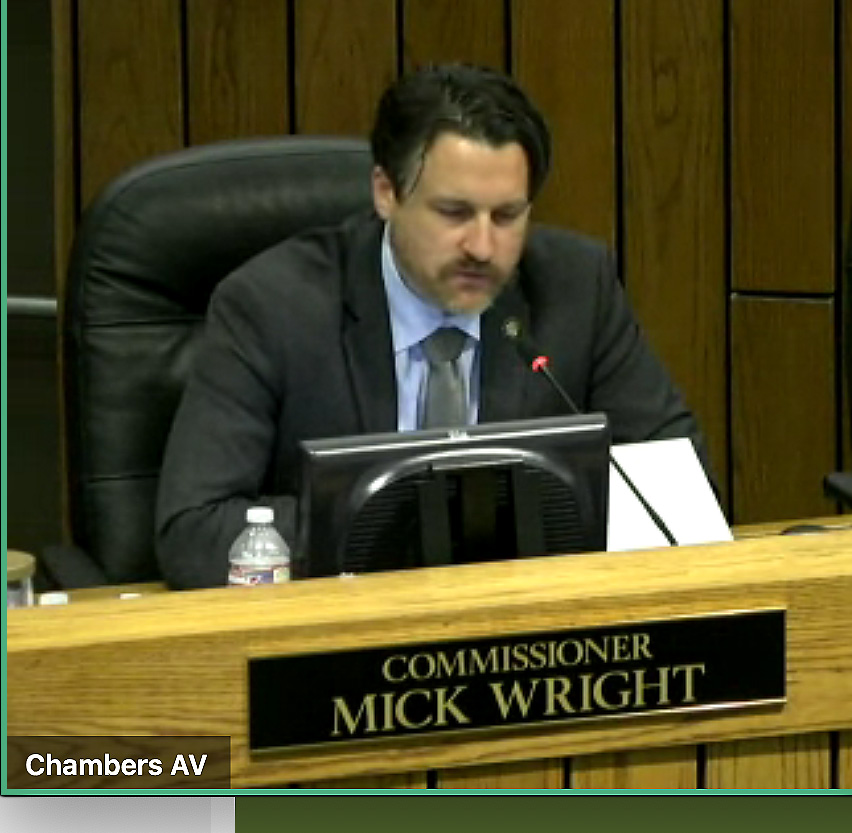

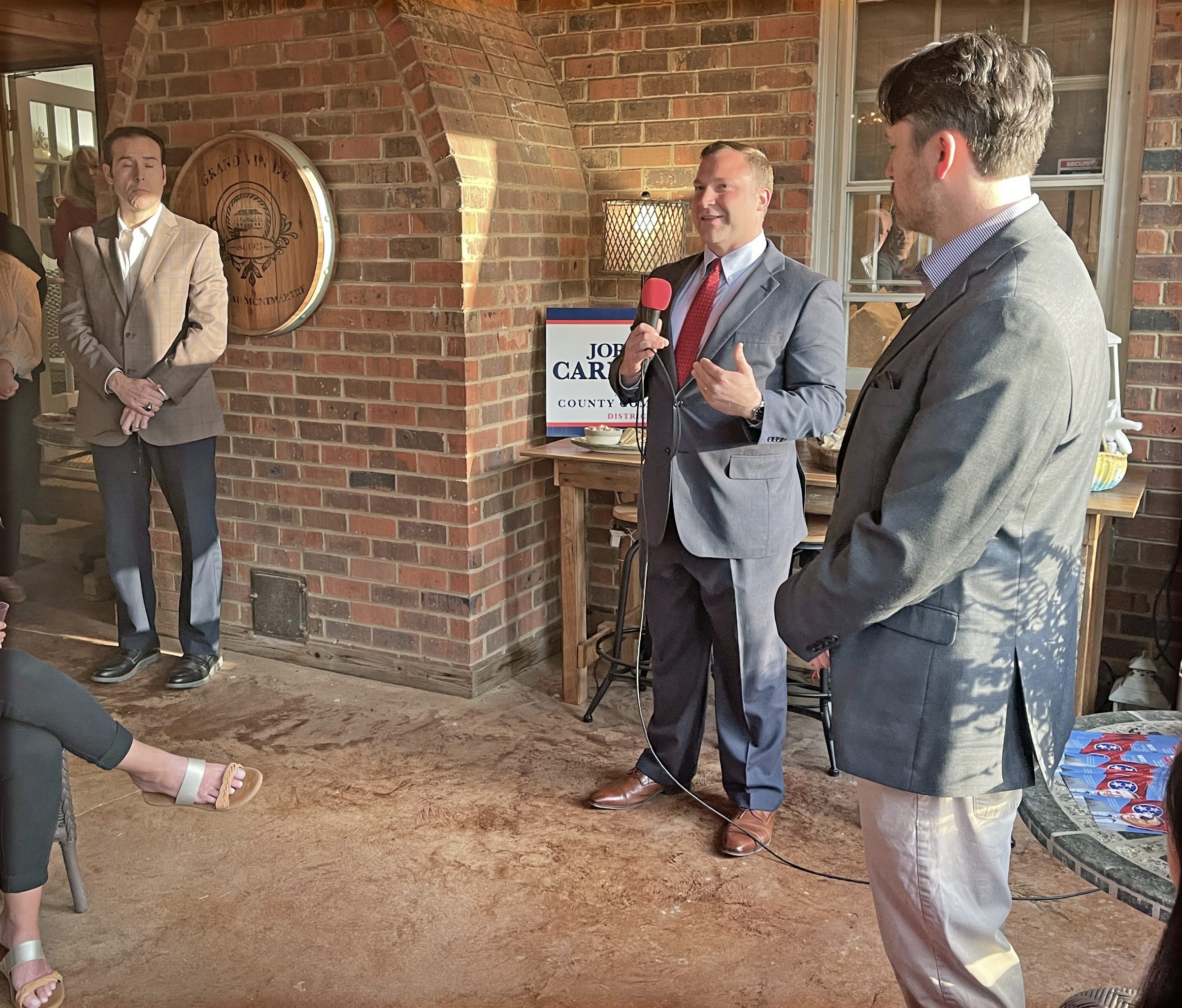
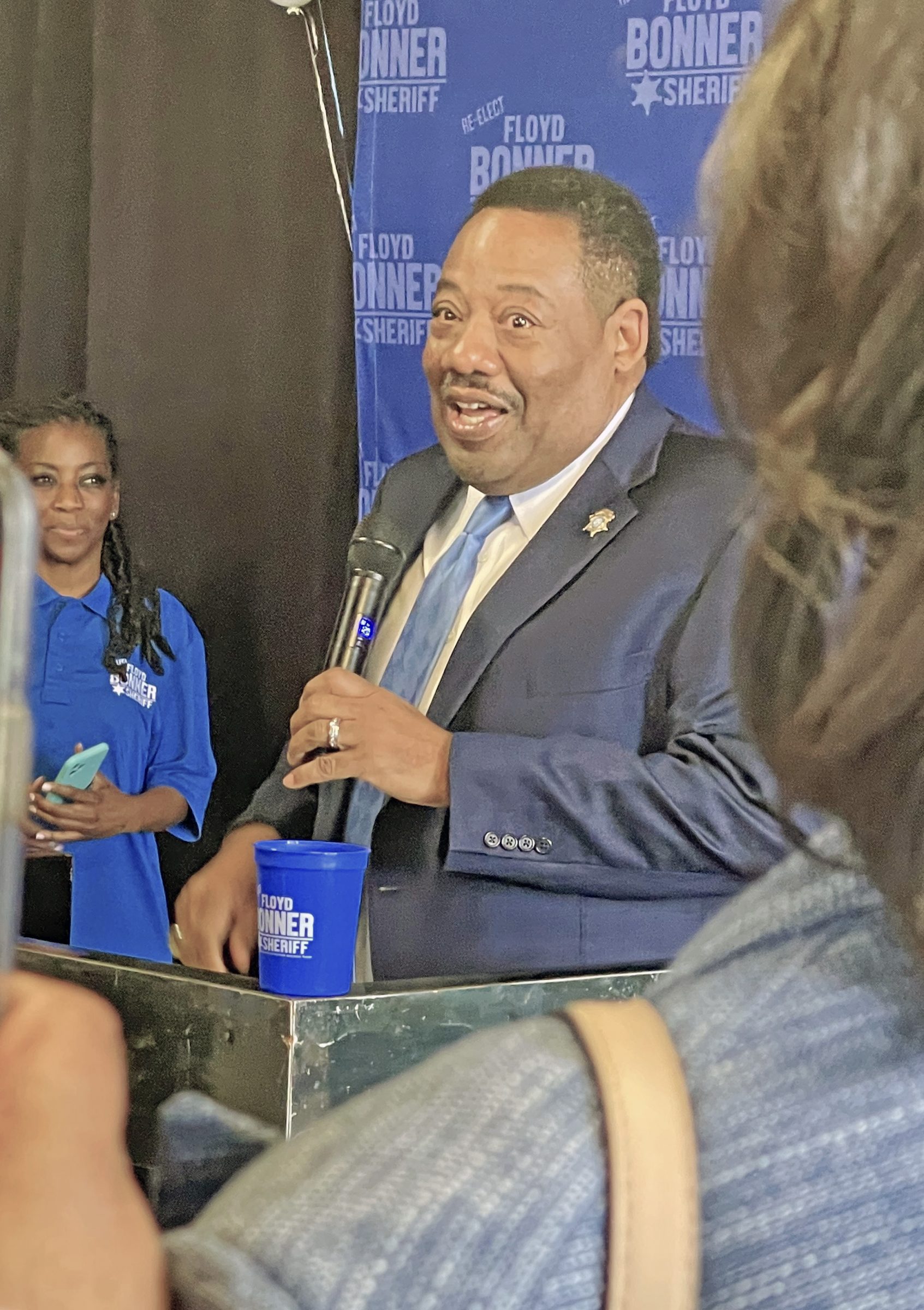
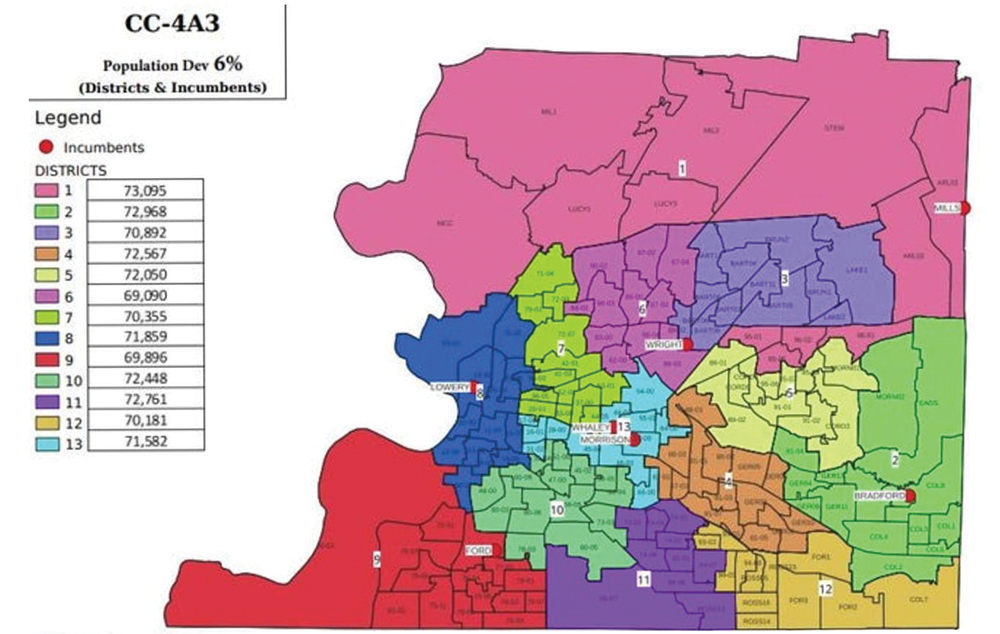
 Jackson Baker
Jackson Baker 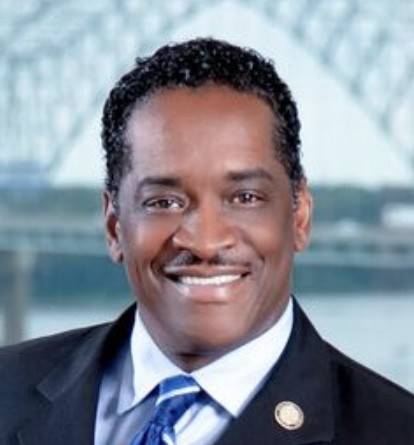

 Jackson Baker
Jackson Baker 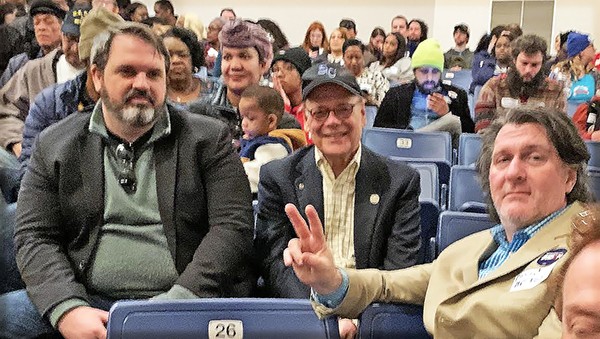 Jackson Baker
Jackson Baker 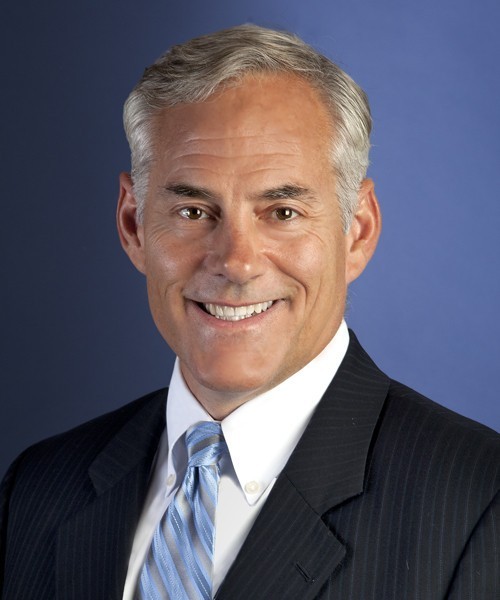 District 13 Commissioner Basar
District 13 Commissioner Basar 
 J B
J B 